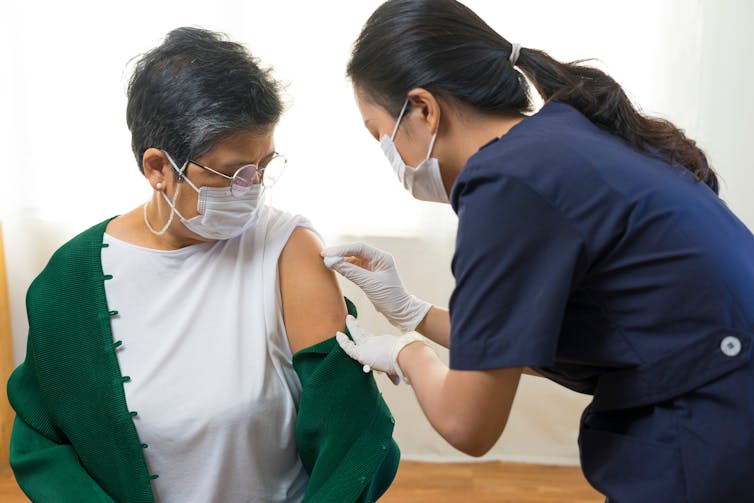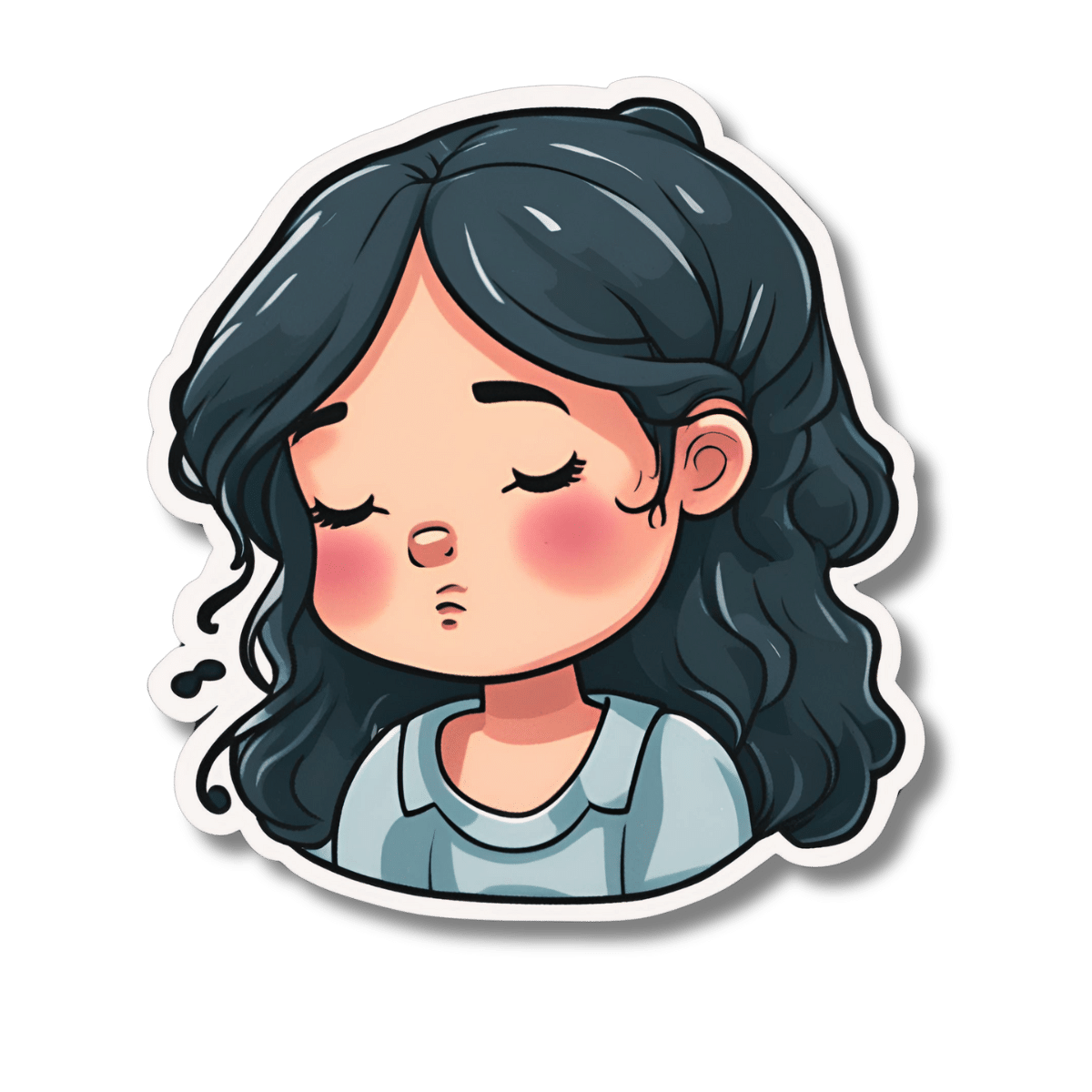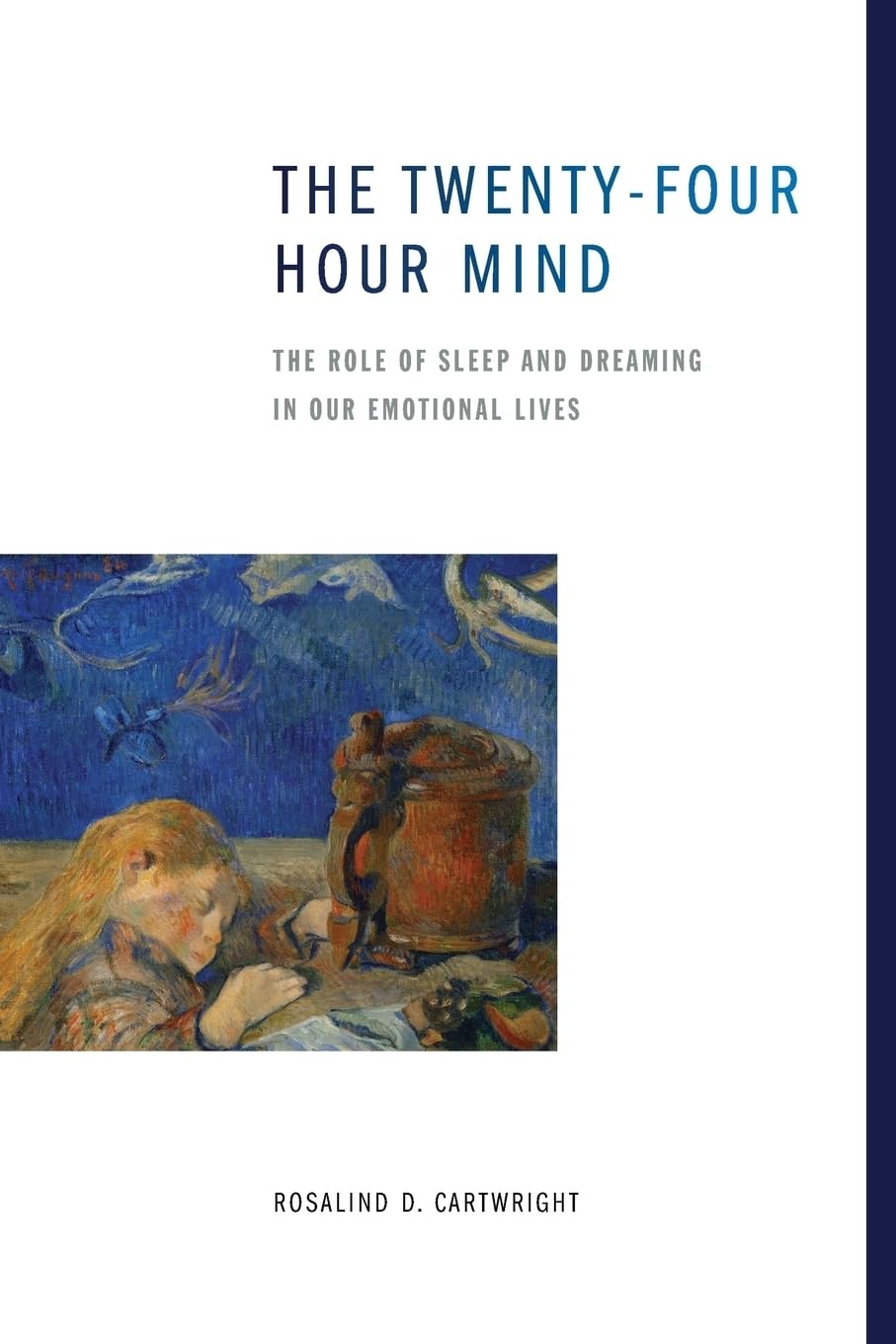
Could the shingles vaccine lower your risk of dementia?
10almonds is reader-supported. We may, at no cost to you, receive a portion of sales if you purchase a product through a link in this article.
A recent study has suggested Shingrix, a relatively new vaccine given to protect older adults against shingles, may delay the onset of dementia.
This might seem like a bizarre link, but actually, research has previously shown an older version of the shingles vaccine, Zostavax, reduced the risk of dementia.
In this new study, published last week in the journal Nature Medicine, researchers from the United Kingdom found Shingrix delayed dementia onset by 17% compared with Zostavax.
So how did the researchers work this out, and how could a shingles vaccine affect dementia risk?

From Zostavax to Shingrix
Shingles is a viral infection caused by the varicella-zoster virus. It causes painful rashes, and affects older people in particular.
Previously, Zostavax was used to vaccinate against shingles. It was administered as a single shot and provided good protection for about five years.
Shingrix has been developed based on a newer vaccine technology, and is thought to offer stronger and longer-lasting protection. Given in two doses, it’s now the preferred option for shingles vaccination in Australia and elsewhere.
In November 2023, Shingrix replaced Zostavax on the National Immunisation Program, making it available for free to those at highest risk of complications from shingles. This includes all adults aged 65 and over, First Nations people aged 50 and older, and younger adults with certain medical conditions that affect their immune systems.
What the study found
Shingrix was approved by the US Food and Drugs Administration in October 2017. The researchers in the new study used the transition from Zostavax to Shingrix in the United States as an opportunity for research.
They selected 103,837 people who received Zostavax (between October 2014 and September 2017) and compared them with 103,837 people who received Shingrix (between November 2017 and October 2020).
By analysing data from electronic health records, they found people who received Shingrix had a 17% increase in “diagnosis-free time” during the follow-up period (up to six years after vaccination) compared with those who received Zostavax. This was equivalent to an average of 164 extra days without a dementia diagnosis.
The researchers also compared the shingles vaccines to other vaccines: influenza, and a combined vaccine for tetanus, diphtheria and pertussis. Shingrix and Zostavax performed around 14–27% better in lowering the risk of a dementia diagnosis, with Shingrix associated with a greater improvement.
The benefits of Shingrix in terms of dementia risk were significant for both sexes, but more pronounced for women. This is not entirely surprising, because we know women have a higher risk of developing dementia due to interplay of biological factors. These include being more sensitive to certain genetic mutations associated with dementia and hormonal differences.
Why the link?
The idea that vaccination against viral infection can lower the risk of dementia has been around for more than two decades. Associations have been observed between vaccines, such as those for diphtheria, tetanus, polio and influenza, and subsequent dementia risk.
Research has shown Zostavax vaccination can reduce the risk of developing dementia by 20% compared with people who are unvaccinated.
But it may not be that the vaccines themselves protect against dementia. Rather, it may be the resulting lack of viral infection creating this effect. Research indicates bacterial infections in the gut, as well as viral infections, are associated with a higher risk of dementia.
Notably, untreated infections with herpes simplex (herpes) virus – closely related to the varicella-zoster virus that causes shingles – can significantly increase the risk of developing dementia. Research has also shown shingles increases the risk of a later dementia diagnosis.

The mechanism is not entirely clear. But there are two potential pathways which may help us understand why infections could increase the risk of dementia.
First, certain molecules are produced when a baby is developing in the womb to help with the body’s development. These molecules have the potential to cause inflammation and accelerate ageing, so the production of these molecules is silenced around birth. However, viral infections such as shingles can reactivate the production of these molecules in adult life which could hypothetically lead to dementia.
Second, in Alzheimer’s disease, a specific protein called Amyloid-β go rogue and kill brain cells. Certain proteins produced by viruses such as COVID and bad gut bacteria have the potential to support Amyloid-β in its toxic form. In laboratory conditions, these proteins have been shown to accelerate the onset of dementia.
What does this all mean?
With an ageing population, the burden of dementia is only likely to become greater in the years to come. There’s a lot more we have to learn about the causes of the disease and what we can potentially do to prevent and treat it.
This new study has some limitations. For example, time without a diagnosis doesn’t necessarily mean time without disease. Some people may have underlying disease with delayed diagnosis.
This research indicates Shingrix could have a silent benefit, but it’s too early to suggest we can use antiviral vaccines to prevent dementia.
Overall, we need more research exploring in greater detail how infections are linked with dementia. This will help us understand the root causes of dementia and design potential therapies.
Ibrahim Javed, Enterprise and NHMRC Emerging Leadership Fellow, UniSA Clinical & Health Sciences, University of South Australia
This article is republished from The Conversation under a Creative Commons license. Read the original article.
Don’t Forget…
Did you arrive here from our newsletter? Don’t forget to return to the email to continue learning!
Recommended
Learn to Age Gracefully
Join the 98k+ American women taking control of their health & aging with our 100% free (and fun!) daily emails:
-
10 Tips for Better Sleep: Starting In The Morning
10almonds is reader-supported. We may, at no cost to you, receive a portion of sales if you purchase a product through a link in this article.
Dr. Siobhan Deshauer advises:
Checklist
You’ll probably have heard similar advice before (including from us), but it’s always good to do a quick rundown and check which ones you are actually doing, as opposed to merely know you should be doing:
- Wake up at the same time every day, including weekends, to maintain a consistent sleep schedule and avoid “social jet lag.”
- Expose yourself to bright light in the morning, either sunlight or light therapy, to regulate your circadian rhythm and melatonin production.
- Avoid caffeine late in the day to maintain natural sleep pressure, experimenting with a cutoff time based on your sensitivity (e.g. 6–10 hours before bedtime)*.
- Limit naps to under 30 minutes and take them early in the afternoon to avoid disrupting sleep pressure.
- Exercise regularly but avoid strenuous activity 2 hours before bed. Optimal exercise time is 4–6 hours before bedtime.
- Avoid alcohol, as it disrupts sleep quality and may worsen conditions like sleep apnea. If drinking, have your last drink early in the evening—but honestly, it’s better to not drink at all.
- Establish a wind-down routine 1–2 hours before bed, including dimming lights and engaging in relaxing activities to signal your body to prepare for sleep.
- Keep your bedroom cool (below 68°F/20°C) and ensure your hands and feet stay warm to aid in natural body temperature regulation.
- Limit device use before bed. If unavoidable, reduce blue light exposure and avoid mentally stimulating content. Set boundaries, such as placing your phone out of reach.
- Ensure complete darkness in your sleeping environment using blackout curtains, covering light-emitting devices, or wearing a sleep mask.
*we imagine she picked 6–10 hours because, depending on whether you have the fast or slow caffeine metabolizer gene, the biological halflife of caffeine in your body will be around 4 or 8 hours (that’s not a range, that’s two distinct and non-overlapping options). However, if we use 4 or 8 hours depending on which gene version we have, then that will mean that 4 or 8 hours later, respectively, we’ll have half the caffeine in us that we did 4 or 8 hours ago (that’s what a halflife means). So for example if you had a double espresso that number of hours before bedtime, then congratulations, you have the caffeine of a single espresso in your body by bedtime. Which, for most people**, is not an ideal nightcap. Hence, adding on a few more hours. Again, earlier is better though, so consider limiting caffeine to the morning only.
**we say “most people”, because if you have ADHD or a similar condition, your brain’s relationship with caffeine is a bit different, and—paradoxically—stimulants can help you to relax. Do speak with your doctor though, as individual cases vary widely, and it also may make a difference depending on what relevant meds (if any) you’re on, too.
For more on all of those things, enjoy:
Click Here If The Embedded Video Doesn’t Load Automatically!
Want to learn more?
You might also like to read:
- How Regularity Of Sleep Can Be Even More Important Than Duration ← here’s why you should still get up at the same regular (and ideally, early) hour, even if you didn’t sleep well
- Early Bird Or Night Owl? Genes vs Environment ← and here’s why that regular hour should ideally be early, even if it’s not your genetic predisposition to be a “morning lark”; see also the study linked there that mentions “Gene distinguishes early birds from night owls and helps predict time of death”
Take care!
Share This Post
-
Watermelon vs Grapes – Which is Healthier?
10almonds is reader-supported. We may, at no cost to you, receive a portion of sales if you purchase a product through a link in this article.
Our Verdict
When comparing watermelon to grapes, we picked the watermelon.
Why?
It was close! And certainly both are very healthy.
Both fruits are (like most fruits) good sources of water, fiber, vitamins, and minerals. Any sugar content (of which grapes are slightly higher) is offset by their fiber content and polyphenols.
See: Which Sugars Are Healthier, And Which Are Just The Same?
While both are good sources of vitamins A and C, watermelon has about 10x as much vitamin A, and about 6x as much vitamin C (give or take individual plants, how they were grown, etc, but the overall balance is clearly in watermelon’s favor).
When it comes to antioxidants, both fruits are good, but again watermelon is the more potent source. Grapes famously contain resveratrol, and they also contain quercetin, albeit you’d have to eat quite a lot of grapes to get a large portion.
Now, having to eat a lot of grapes might not sound like a terrible fate (who else finds that the grapes are gone by the time the groceries are put away?), but we are comparing the fruits here, and on a list of “100 best foods for quercetin”, for example, grapes took 99th place.
Watermelon’s main antioxidant meanwhile is lycopene, and watermelon is one of the best sources of lycopene in existence (better even than tomatoes).
We’ll have to do a main feature about lycopene sometime soon, so watch this space
Take care!
Share This Post
-
Can I take antihistamines everyday? More than the recommended dose? What if I’m pregnant? Here’s what the research says
10almonds is reader-supported. We may, at no cost to you, receive a portion of sales if you purchase a product through a link in this article.
Allergies happen when your immune system overreacts to a normally harmless substance like dust or pollen. Hay fever, hives and anaphylaxis are all types of allergic reactions.
Many of those affected reach quickly for antihistamines to treat mild to moderate allergies (though adrenaline, not antihistamines, should always be used to treat anaphylaxis).
If you’re using oral antihistamines very often, you might have wondered if it’s OK to keep relying on antihistamines to control symptoms of allergies. The good news is there’s no research evidence to suggest regular, long-term use of modern antihistamines is a problem.
But while they’re good at targeting the early symptoms of a mild to moderate allergic reaction (sneezing, for example), oral antihistamines aren’t as effective as steroid nose sprays for managing hay fever. This is because nasal steroid sprays target the underlying inflammation of hay fever, not just the symptoms.
Here are the top six antihistamines myths – busted.
Andrea Piacquadio/Pexels Myth 1. Oral antihistamines are the best way to control hay fever symptoms
Wrong. In fact, the recommended first line medical treatment for most patients with moderate to severe hay fever is intranasal steroids. This might include steroid nose sprays (ask your doctor or pharmacist if you’d like to know more).
Studies have shown intranasal steroids relieve hay fever symptoms better than antihistamine tablets or syrups.
To be effective, nasal steroids need to be used regularly, and importantly, with the correct technique.
In Australia, you can buy intranasal steroids without a doctor’s script at your pharmacy. They work well to relieve a blocked nose and itchy, watery eyes, as well as improve chronic nasal blockage (however, antihistamine tablets or syrups do not improve chronic nasal blockage).
Some newer nose sprays contain both steroids and antihistamines. These can provide more rapid and comprehensive relief from hay fever symptoms than just oral antihistamines or intranasal steroids alone. But patients need to keep using them regularly for between two and four weeks to yield the maximum effect.
For people with seasonal allergic rhinitis (hayfever), it may be best to start using intranasal steroids a few weeks before the pollen season in your regions hits. Taking an antihistamine tablet as well can help.
Antihistamine eye drops work better than oral antihistamines to relieve acutely itchy eyes (allergic conjunctivitis).
Myth 2. My body will ‘get used to’ antihistamines
Some believe this myth so strongly they may switch antihistamines. But there’s no scientific reason to swap antihistamines if the one you’re using is working for you. Studies show antihistamines continue to work even after six months of sustained use.
Myth 3. Long-term antihistamine use is dangerous
There are two main types of antihistamines – first-generation and second-generation.
First-generation antihistamines, such as chlorphenamine or promethazine, are short-acting. Side effects include drowsiness, dry mouth and blurred vision. You shouldn’t drive or operate machinery if you are taking them, or mix them with alcohol or other medications.
Most doctors no longer recommend first-generation antihistamines. The risks outweigh the benefits.
The newer second-generation antihistamines, such as cetirizine, fexofenadine, or loratadine, have been extensively studied in clinical trials. They are generally non-sedating and have very few side effects. Interactions with other medications appear to be uncommon and they don’t interact badly with alcohol. They are longer acting, so can be taken once a day.
Although rare, some side effects (such as photosensitivity or stomach upset) can happen. At higher doses, cetirizine can make some people feel drowsy. However, research conducted over a period of six months showed taking second-generation antihistamines is safe and effective. Talk to your doctor or pharmacist if you’re concerned.
Allergies can make it hard to focus. Pexels/Edward Jenner Myth 4. Antihistamines aren’t safe for children or pregnant people
As long as it’s the second-generation antihistamine, it’s fine. You can buy child versions of second-generation antihistamines as syrups for kids under 12.
Though still used, some studies have shown certain first-generation antihistamines can impair childrens’ ability to learn and retain information.
Studies on second-generation antihistamines for children have found them to be safer and better than the first-generation drugs. They may even improve academic performance (perhaps by allowing kids who would otherwise be distracted by their allergy symptoms to focus). There’s no good evidence they stop working in children, even after long-term use.
For all these reasons, doctors say it’s better for children to use second-generation than first-generation antihistimines.
What about using antihistimines while you’re pregnant? One meta analysis of combined study data including over 200,000 women found no increase in fetal abnormalities.
Many doctors recommend the second-generation antihistamines loratadine or cetirizine for pregnant people. They have not been associated with any adverse pregnancy outcomes. Both can be used during breastfeeding, too.
Myth 5. It is unsafe to use higher than the recommended dose of antihistamines
Higher than standard doses of antihistamines can be safely used over extended periods of time for adults, if required.
But speak to your doctor first. These higher doses are generally recommended for a skin condition called chronic urticaria (a kind of chronic hives).
Myth 6. You can use antihistamines instead of adrenaline for anaphylaxis
No. Adrenaline (delivered via an epipen, for example) is always the first choice. Antihistamines don’t work fast enough, nor address all the problems caused by anaphylaxis.
Antihistamines may be used later on to calm any hives and itching, once the very serious and acute phase of anaphylaxis has been resolved.
In general, oral antihistamines are not the best treatment to control hay fever – you’re better off with steroid nose sprays. That said, second-generation oral antihistamines can be used to treat mild to moderate allergy symptoms safely on a regular basis over the long term.
Janet Davies, Respiratory Allergy Stream Co-chair, National Allergy Centre of Excellence; Professor and Head, Allergy Research Group, Queensland University of Technology; Connie Katelaris, Professor of Immunology and Allergy, Western Sydney University, and Joy Lee, Respiratory Allergy Stream member, National Allergy Centre of Excellence; Associate Professor, School of Public Health and Preventive Medicine, Monash University
This article is republished from The Conversation under a Creative Commons license. Read the original article.
Share This Post
Related Posts
-
Are Squats the Ultimate Game-Changer?
10almonds is reader-supported. We may, at no cost to you, receive a portion of sales if you purchase a product through a link in this article.
Dr. Jess Grochowsky, PT, DPT, MTC, CLT, CMPTP, says the answer is yes, and here’s why:
The most complete exercise
Squats are a powerful full-body exercise that targets legs, core, and (when weights are used) upper body. All in all, they enhance strength, mobility, metabolism, and joint health, making them essential for longevity and maintaining quality of movement throughout life.
In particular, they allow a much greater range of movement through more dimensions than most exercises do, meaning that (unlike a lot of more linear exercises) they build functional strength that sees us well in everyday life—mobility, joint control, and muscle stability.
Proper Squat Technique:
- The squat involves lowering the center of mass (which is slightly behind your navel and slightly down; exact position depends on your body composition and proportions) toward the floor.
- Use the “head to hips” principle to maintain a straight spine: as the head moves forward, the hips go back.
- Different foot positions (sumo, narrow, etc) target various muscles.
4 key variables to adjust squats:
- Base of support: the surface you stand on (firm vs unstable like a Bosu ball) affects stability and muscle engagement.
- Foot position: wide stances increase stability and target inner thighs and glutes; narrow stances focus more on quads.
- Weights: can use free weights, kettlebells, or bars. Adding weights increases intensity and can incorporate upper body exercises (e.g. bicep curls, overhead presses, etc).
- Squat depth: ranges from partial to deep squats, depending on functional goals.
Types of squats and variations given in the video:
- Firm surface squats: provide stability and allow even weight distribution.
- Unstable surface squats: engage smaller stabilizing muscles.
- Yoga ball squats: shift the center of mass backward, increasing quad and glute activation.
- Weighted squats: add resistance to increase muscle load and core stability (e.g. one-sided weights for oblique engagement).
- Dynamic weighted squats: incorporate quick movements, like kettlebell swings, for power and coordination.
- Single-leg squats: enhance balance and increase workload on one side of the body.
For more on all of these plus visual demonstrations, enjoy:
Click Here If The Embedded Video Doesn’t Load Automatically!
Want to learn more?
You might also like to read:
Take care!
Don’t Forget…
Did you arrive here from our newsletter? Don’t forget to return to the email to continue learning!
Learn to Age Gracefully
Join the 98k+ American women taking control of their health & aging with our 100% free (and fun!) daily emails:
-
Dealing With Waking Up In The Night
10almonds is reader-supported. We may, at no cost to you, receive a portion of sales if you purchase a product through a link in this article.
It’s Q&A Day at 10almonds!
Have a question or a request? You can always hit “reply” to any of our emails, or use the feedback widget at the bottom!
In cases where we’ve already covered something, we might link to what we wrote before, but will always be happy to revisit any of our topics again in the future too—there’s always more to say!
As ever: if the question/request can be answered briefly, we’ll do it here in our Q&A Thursday edition. If not, we’ll make a main feature of it shortly afterwards!
So, no question/request too big or small
❝I’m now in my sixties and find that I invariably wake up at least once during the night. Is this normal? Even if it is, I would still like, once in a while, to sleep right through like a teenager. How might this be achieved, without pills?❞
Most people wake up briefly between sleep cycles, and forget doing so. But waking up for more than a brief moment is indeed best avoided. In men of your age, if you’re waking to pee (especially if it’s then not actually that easy to pee), it can be a sign of an enlarged prostate. Which is again a) normal b) not optimal.
By “without pills” we’ll assume you mean “without sleeping pills”. There are options to treat an enlarged prostate, including well-established supplements. We did a main feature on this:
Prostate Health: What You Should Know
If the cause of waking up is something else, then again this is common for everyone as we get older, and again it’s not optimal. But since there are so many possible causes (and thus solutions), it’s more than we can cover in less than a main feature, so we’ll have to revisit this later.
Meanwhile, take care!
Don’t Forget…
Did you arrive here from our newsletter? Don’t forget to return to the email to continue learning!
Learn to Age Gracefully
Join the 98k+ American women taking control of their health & aging with our 100% free (and fun!) daily emails:
-
The Twenty-Four Hour Mind – by Dr. Rosalind Cartwright
10almonds is reader-supported. We may, at no cost to you, receive a portion of sales if you purchase a product through a link in this article.
We’ve reviewed books about sleep before, and even about dreaming, so what does this one have to offer that’s new?
Quite a lot, actually! Before Dr. Cartwright, there were mainly two models of sleep and dreaming:
- The “top-down” model of psychoanalysts: our minds shape our dreams which in turn reveal things about us as people
- The “bottom-up” model of neuroscientists: our brains need to go through regular maintaince cycles, of which vivid hallucinations are a quirky side-effect.
And now, as Dr. Cartwright puts it:
❝I will lay out a new [horizontal] psychological model of the twenty-four hour mind; that is, how the predominantly conscious (waking) and unconscious (sleeping) forms of mental behavior interact through the brain’s regular, but differently organized, states of waking, sleeping, and dreaming.❞
This she does in the exploratory style of a 224-page lecture, which sounds like it might be tedious, but is actually attention-grabbing and engaging throughout. This book is more of a page-turner than soporific bedtime reading!
Bottom line: if you’d like to know more about the effect your waking and sleeping brain have on each other (to include getting in between those and making adjutments as appropriate), this is very much an elucidating read!
Click here to check out The Twenty-Four Hour Mind, and learn more about yours!
Don’t Forget…
Did you arrive here from our newsletter? Don’t forget to return to the email to continue learning!
Learn to Age Gracefully
Join the 98k+ American women taking control of their health & aging with our 100% free (and fun!) daily emails:









